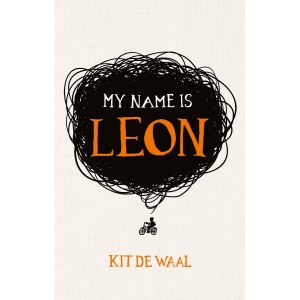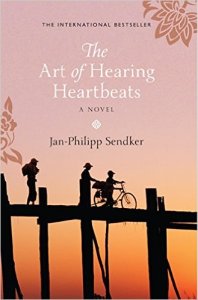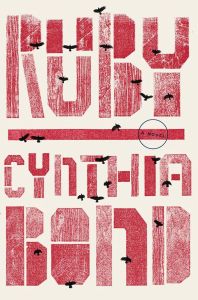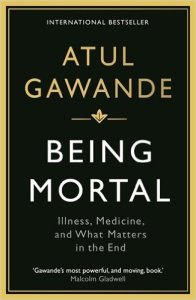Even though it was August for most of this week, as soon as the calendar switches to September the idea of reading becomes all the more appealing with the imaginings of the Autumn to come. There’s nothing better than a book alongside hot tea and fluffy blankets as the temperature creeps down outside.

We, the Drowned – Carsten Jensen
A book that’s been on my shelf for literally years since I was drawn in by the beautiful cover (I know, not the best reason), I’ve finally decided September is the month to attempt this 700 page saga about the fate of a crew of Danish soldiers and their descendants across four generations. I don’t think I’ve ever read a danish book before, so I’m hoping to finally enjoy it as much as the reviews suggest.
Palestine Inside Out – Saree Makdisi
I came across this book in the library while doing some research for my dissertation and although it’s not really focused on my chosen topic, decided to pick it up as some around the subject reading. It’s a non-fiction book that takes a close look at the difficulties of life under occupation, and the foreword by Alice Walker, author of The Colour Purple means I already know it’s going to be an interesting and important read.
Gut – Julia Enders
I actually read almost half of this book last year, but as it contains so much information and I didn’t take any notes I’ve forgotten almost everything. This time round, I’m planning on jotting things down as I go. As the title suggests, it’s an exploration on how the gut works, and why it’s so important in our body and even affects our emotions.
Moon Tiger – Penelope Lively
Again, I was taken in by this book’s beautiful cover, but as it’s part of the Penguin Essentials collection (I wish I could have bought them all) I feel like I’m in safe hands. This is the story of Claudia Hampton, a strong and selfish woman who tells us the tale of her own life as she lies in bed dying of cancer. From what I’ve already read, it seems like a great blend of satire and sorrow.





 Genre: Non-Fiction
Genre: Non-Fiction